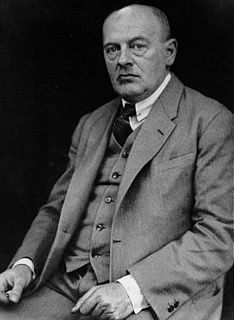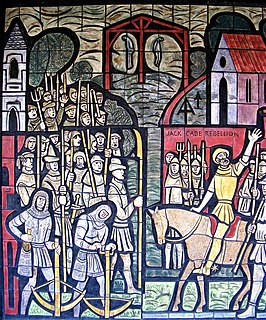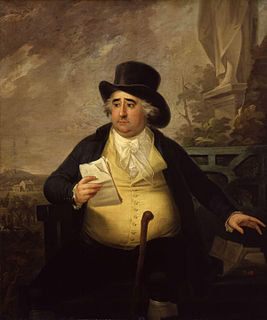A Quote by Thomas Jefferson
The opinions of men are not the object of civil government, nor under its jurisdiction.
Quote Topics
Related Quotes
The opinions of men are not the object of civil government, nor under its jurisdiction; that to suffer the civil magistrate to intrude his powers into the field of opinion and to restrain the profession or propagation of principles on supposition of their ill tendency is a dangerous falacy, which at once destroys all religious liberty...
It is on balance desirable to encourage Universal Jurisdiction, and to create pressure from below to make application of such jurisdiction as consistent as possible. I think this will act as a deterrent in some situations, although this impact will never be acknowledged by those affected as it would only embolden civil society to intensify its pressures.
If men were angels, no government would be necessary. If angels were to govern men, neither external nor internal controls on government would be necessary. In framing a government which is to be administered by men over men, the great difficulty lies in this: you must first enable the government to control the governed; and in the next place oblige it to control itself. A dependence on the people is, no doubt, the primary control on the government; but experience has taught mankind the necessity of auxiliary precautions.
Whenever convictions are not arrived at by direct contact with the world and the objects themselves, but indirectly through a critique of the opinions of others, the processes of thinking are impregnated with ressentiment. The establishment of "criteria" for testing the correctness of opinions then becomes the most important task. Genuine and fruitful criticism judges all opinions with reference to the object itself. Ressentiment criticism, on the contrary, accepts no "object" that has not stood the test of criticism
No human government has a right to enquire into private opinions, to presume that it knows them, or to act on that presumption. Men are the best judges of the consequences of their own opinions, and how far they are likely to influence their actions; and it is most unnatural and tyrannical to say, "as you think, so must you act. I will collect the evidence of your future conduct from what I know to be your opinions."
In my judgment it is the duty of Congress, while respecting to the uttermost the conscientious convictions and religious scruples of every citizen, to prohibit within its jurisdiction all criminal practices ... Nor can any ecclesiastical organization be safely permitted to usurp in the smallest degree the functions and powers of the National Government.
As proof of this statement, consider this question: Have the people ever been known to rise against the Court of Appeals, or mob a Justice of the Peace, in order to get higher wages, free credit, tools of production, favorable tariffs, or government-created jobs? Everyone knows perfectly well that such matters are not within the jurisdiction of the Court of Appeals or a Justice of the Peace. And if government were limited to its proper functions, everyone would soon learn that these matters are not within the jurisdiction of the law itself.





























